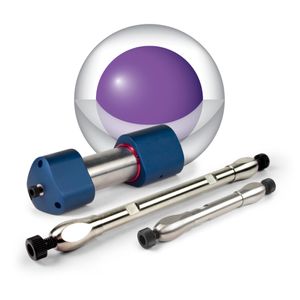Genetics & Genomics Webinars
Follow a comprehensive curation of novel and significant discoveries in the fields of genetics and genomics by watching these webinars. Highlighted areas of interest in the fields of genetics and genomics include epigenetics, molecular genetics, hereditary disease, clinical genetics, population genetics, etc.
Show More
No events found, please check back at another time.
WEBINAR CATEGORIES
-
FEB 18, 2026Safer Labs, Greener Futures
-
FEB 23, 2026Precision Oncology Showcase
-
MAR 04, 2026Neuroscience Virtual Event Series 2026
-
MAR 18, 2026Laboratory Automation Virtual Event Series 2026
- See More
-
FEB 15, 2026
- See More


































